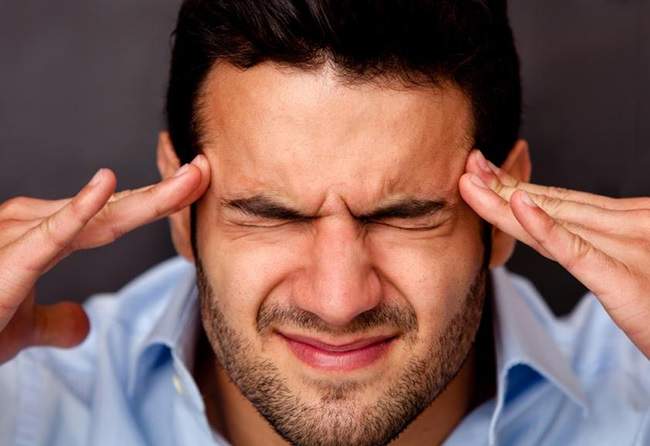Tension headache is a type of headache that makes it feel like there’s a tight band around your head. It’s not unlikely for you to experience tightening of the neck muscles as well as some pressure behind your eyes. Experts say that tension headache is the most common form of headache. However, it is also the least understood.
Just about anyone can suffer from tension headache, but the nagging problem is said to be more common in teenagers and adults. It’s also known to be more common in women than in men. Stress, hunger and dehydration are some usual triggers of tension headache. It is something that can be easily managed with painkillers or some lifestyle changes.
Symptoms
It’s easy to tell whether or not the headache you are having is the tension kind. That’s because there is a feeling of tightness across the forehead that also affects the sides and back of the head. The pain is experienced in both sides of the head, unlike some other forms of headache wherein only a single side may be affected.
The tightness experienced may also affect the neck. Sometimes it may also be felt in the shoulder muscles. It’s not unlikely for the scalp to feel tender. You may also feel like pressure is being applied on the back of the eyes. Unlike migraine, tension headache doesn’t usually come with nausea and visual disturbance.
Categories
Experts say that tension headache may either be episodic or chronic. Factors such as the frequency of attacks and the duration of episodes are considered when categorizing tension headache.
Episodic tension headache can last anywhere from half an hour to a full week. This form of tension headache occurs not more than 15 days a month for a minimum of 3 months. It is possible for episodic tension headache to be categorized as the chronic type if it strikes more frequently.
The tension headache you are experiencing is categorized as chronic if it bugs you for 15 days or more per month for not less than 3 months. It may last for several hours and leave you experiencing unrelenting pain.
Causes
No one really knows what exactly causes tension headaches. Experts once believed that it is due to the contractions of the muscles in the face and head, but it was later on debunked by numerous studies. One very popular theory is that people with tension headaches are simply more sensitive to pain.
There are many different things that are known to trigger tension headache, and the most common of them all is stress. It is very much likely for you to have tension headache when you are tired, hungry or dehydrated. Other known tension headache triggers include squinting, poor posture, exposure to bright light and noise, and certain smells.
Management
Paracetamol and ibuprofen, both of which are available OTC, are the most commonly recommended painkillers for tension headaches. Sometimes aspirin is also prescribed for those who are not allergic to it. The problem with the intake of painkillers, especially for extended periods of time, is they tend to produce unfavorable side effects.
Some people attain relief from tension headaches by applying heat on their heads, while others say that cold works for them better. If it’s obvious that stress is the root cause of your tension headache, relaxing and opting for some stress-busting activities like deep breathing, doing yoga or listening to soothing music can help put the problem to an end. Some people who are frequently bugged by tension headaches attain relief from massage or acupuncture.
Drinking plenty of water, having regular exercise and maintaining good posture are some of the things that may be done to keep tension headache from striking.













